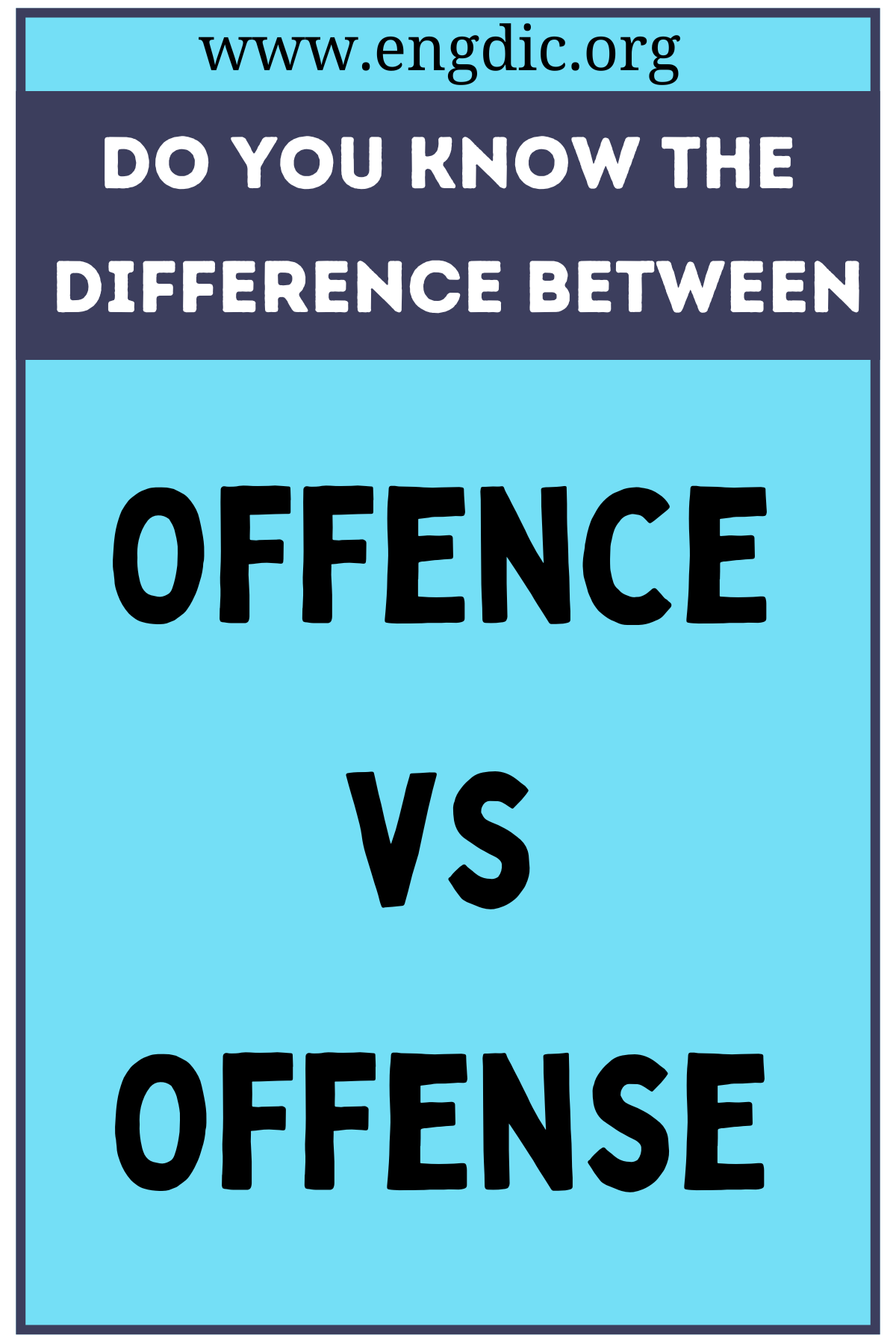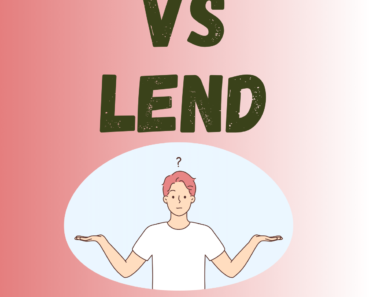“Offence” and “Offense” both refer to a breach of law or rule, but their usage differs depending on regional spelling conventions.
- “Offence” is the British spelling, used in countries like the UK and Australia.
- In contrast, “Offense” is the American spelling, prevalent in the United States.
Both terms can also refer to causing resentment or hurt feelings, with the same regional spelling distinctions.
Despite these variations, both words convey the same concept, with their primary difference being rooted in spelling preferences across English-speaking regions.
Offence
- Definition: An act that violates a law or rule, or causes hurt feelings or resentment.
- Usage:
- Legal context: “He was charged with a serious offence.”
- Emotional context: “His rude comment was a direct offence to her.”
Offense
- Definition: The American English spelling of “Offence,” sharing the same meanings.
- Usage:
- Legal context: “The judge sentenced him for a criminal offense.”
- Emotional context: “The inappropriate joke was considered an offense.”







